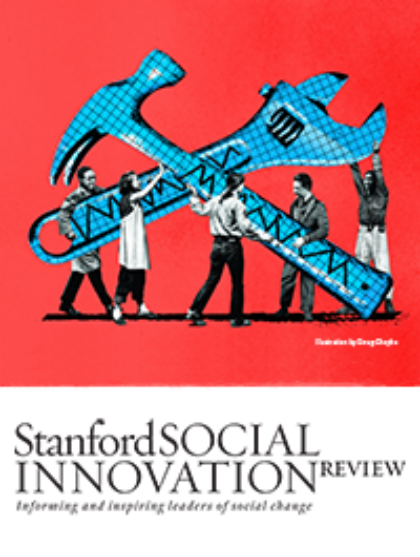Publications
A successful service delivery model creates value both for farmers and the service provider. This joint report analyzes 10 borrowers in Root Capital's loan portfolio, exploring the impact and economic sustainability of their farmer extension services. It also identifies opportunities for improving and scaling these services to support farmers.
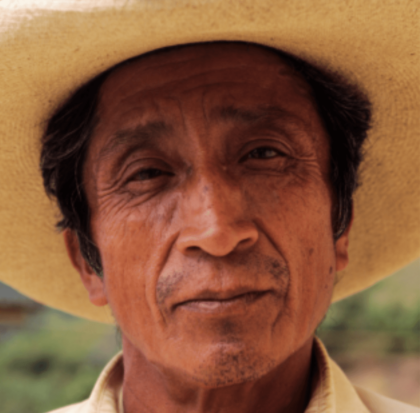
We need a comprehensive global effort to both mitigate and adapt to the impacts of climate change. But the latter is not a secondary challenge that can be put on hold until the world solves the former. It’s an immediate need.

The world's 1.2 billion young people represent either a huge demographic challenge or a massive opportunity. By supporting agricultural businesses that recognize the necessity of investing in the next generation, we can ensure that opportunity is unlocked.

Agricultural businesses are uniquely situated to advance progress across multiple Sustainable Development Goals, from zero hunger to gender equality. And they are in dire need of investment.
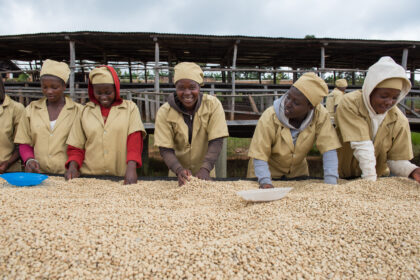
There are countless ways that distressed communities in the US differ from the remote areas where Root Capital, operates. But they have at least this in common: They have an acute need for investment.

Since launching the Women in Agriculture Initiative (WAI) in 2012, we've seen again and again how gender-inclusive businesses help women grow a better future—for themselves and their communities. We are pleased to share our 2017 WAI annual report, which showcases how Root Capital is impacting the lives of rural women.
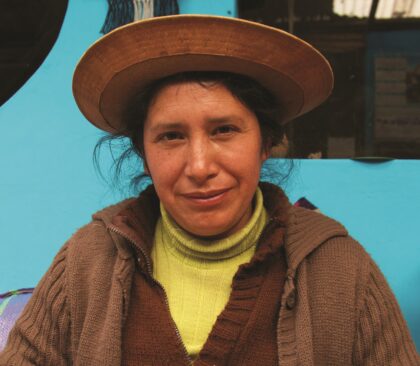
Rural women often face gendered barriers that limit their ability to be productive, control assets and incomes, and benefit equitably from their hard work. In 2016, Root Capital began disbursing Gender Equity Grants to client agricultural businesses to implement strategies aimed at improving women’s overall quality of life and their representation in the business. In this summary, we present an assessment of these activities and the reported results.
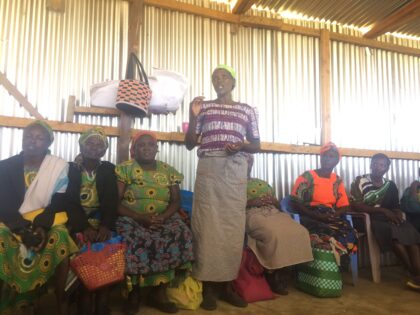
Public-private partnerships bring multi-sector stakeholders together to solve complex problems at scale. They take many different forms, but tend to work best when addressing an area in which traditional investment is lacking and the risks are too high for individual actors to undertake alone.

The impacting investing sector has long lacked the right tools to ensure critical dollars are allocated in a way that generates both impact and revenue. In the Stanford Social Innovation Review, we introduce the “efficient impact frontier,” a powerful approach to building a portfolio with the greatest possible impact for the level of expected return.
View Article (subscription required)
